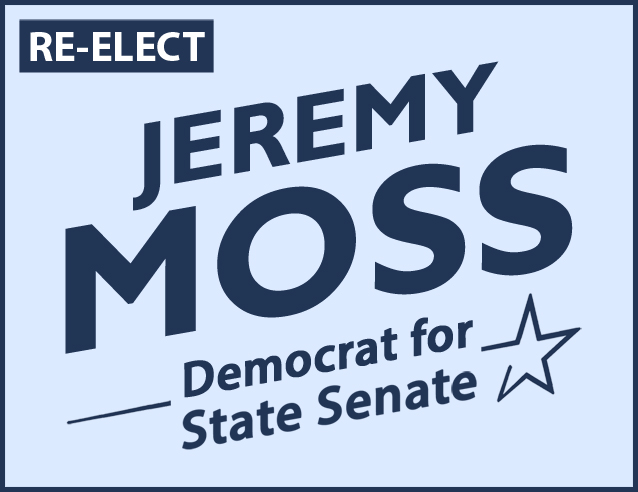There is no set time frame on bills designed to cut down on unfunded retiree health care liabilities for Michigan communities, House Speaker Kevin Cotter, R-Mt. Pleasant told the House Local Government Committee on Thursday.
"I'm not interested in setting a timeline," Cotter said, noting that he was willing to work with people who wanted this bill to go forward.
The problem, as Cotter outlined it, was a looming fiscal calamity. According to a study from the Center for Local Government Finance and Policy at Michigan State University found that in 2014, Michigan cities, villages and townships had $7 billion in unfunded health care benefit liabilities.
"It's about recognizing a very real problem and fixing that problem before it spirals out of control," Cotter told committee members during his testimony.
Under the bills, communities which fund their health care liabilities at 80 percent or greater wouldn't be affected. But communities which are funded at less than 80 percent of their total liability would get a new mandate: they aren't allowed to pay for more than 80 percent of retiree health care, including for current retirees.
A current retiree in those communities may be protected if he or she is considered "vested" in their contracts. The example Cotter gave was that if an employee has a contract guaranteeing retirement benefits for 20 years, they would be considered vested. If the contract just generally says retiree health care will be provided, they would not be considered vested, he said.
Current retirees would also have to switch to Medicare as their primary insurer when they turned 65.
For new employees, starting May 1, 2017, retiree health benefits would be eliminated. Local governments could, optionally, put up to 2 percent of an employee's base pay into a tax-deferred health savings account.
But the timing of the bills are concerning to Rep. Jeremy Moss, D-Southfield, the committee's Democratic Vice Chair. Cotter should have introduced these earlier and gotten partners to help come up with creative solutions, Moss said, noting that "this deserves deliberative thought."
Committee Chair Rep. Lee Chatfield, R-Levering, is also looking to give the bills due consideration. He paused the hearing for House session, but will continue it Thursday afternoon. There won't be a vote though, he said.
"I think this is a significant issue facing our state and because of that I did not think it proper to bring them up and vote on them in the same day," Chatfield said.
The bills would need to be voted on by the committee, then the full House to make it over to the Senate chamber. They would have to go through both the House and Senate chambers in the next few weeks to make it to Gov. Rick Snyder for consideration.
The bills are House Bills 6074 through 6086. Sponsors and co-sponsors include Cotter, Rep. Earl Poleski; Rep. Pat Sommerville, R-New Boston; Rep. Aric Nesbitt, R-Lawton; Rep. Dan Lauwers, R-Brockway; and Rep. Al Pscholka, R-Stevensville.
